
Find Help
More Items From Ergsy search
-

What are the signs of heat exhaustion?
Relevance: 100%
-
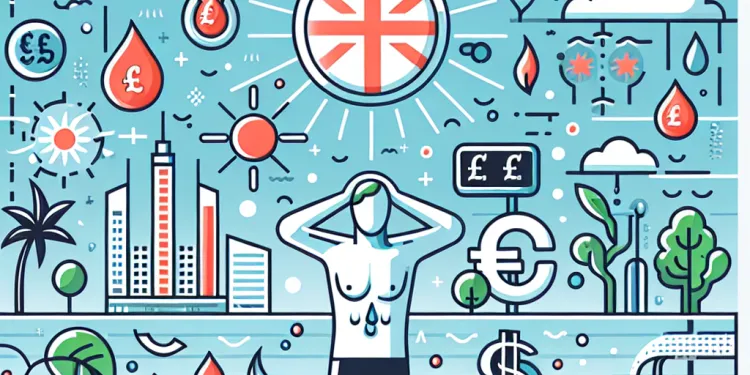
What are some signs of heat exhaustion?
Relevance: 95%
-
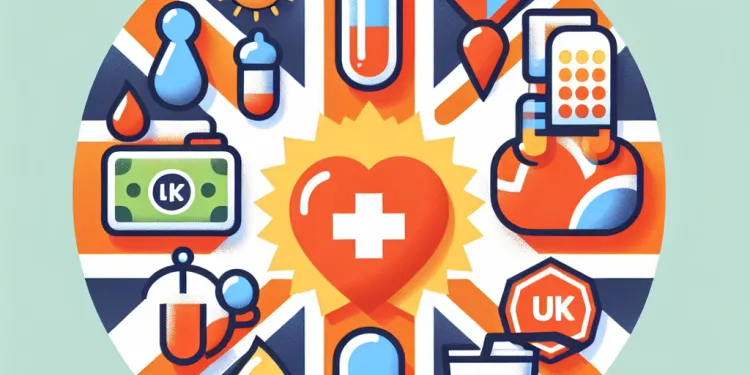
Should I take any special precautions if I have a medical condition during a heatwave?
Relevance: 26%
-
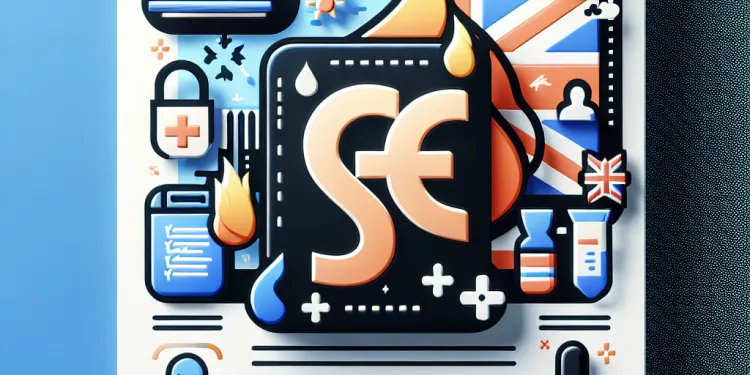
How can I prevent heat-related illnesses?
Relevance: 25%
-

Should I adjust my exercise routine during a heatwave?
Relevance: 25%
-
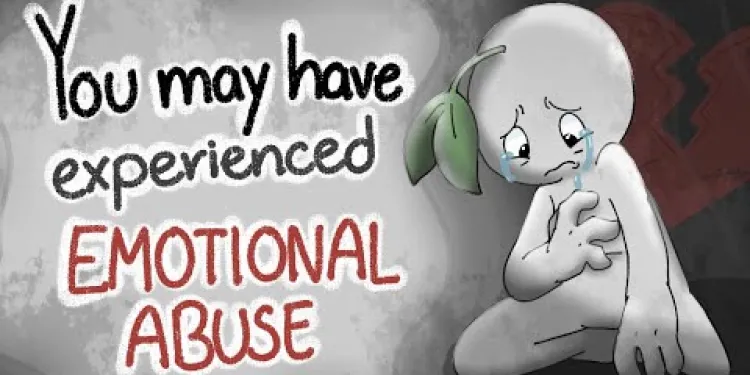
6 Signs of Emotional Abuse and Neglect
Relevance: 24%
-
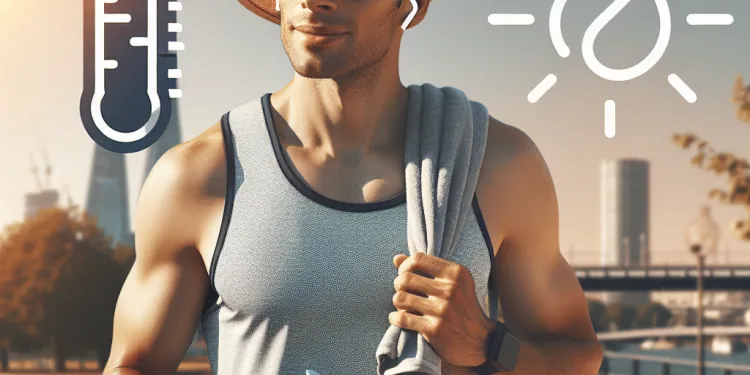
Is it safe to exercise outside during a heatwave?
Relevance: 24%
-
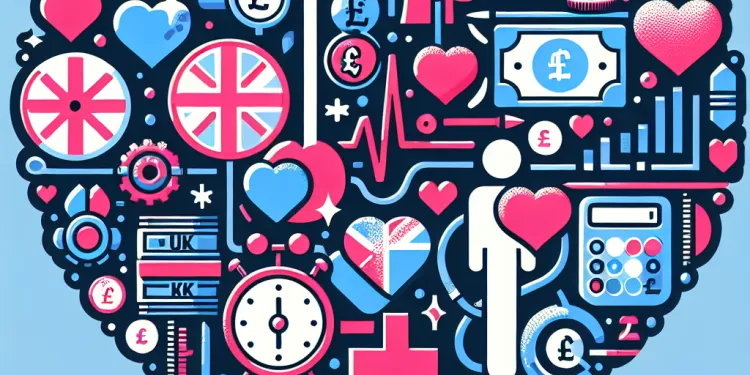
What are the signs that my relationship is making me depressed?
Relevance: 23%
-
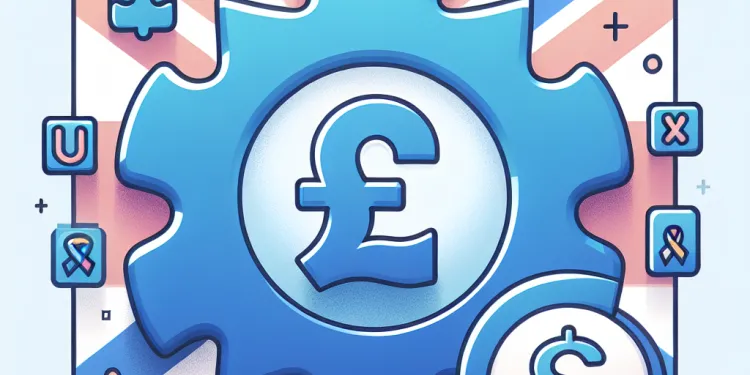
What are the signs of autism?
Relevance: 23%
-

UK Estate Agent Tricks to watch out for in a heated market
Relevance: 22%
-
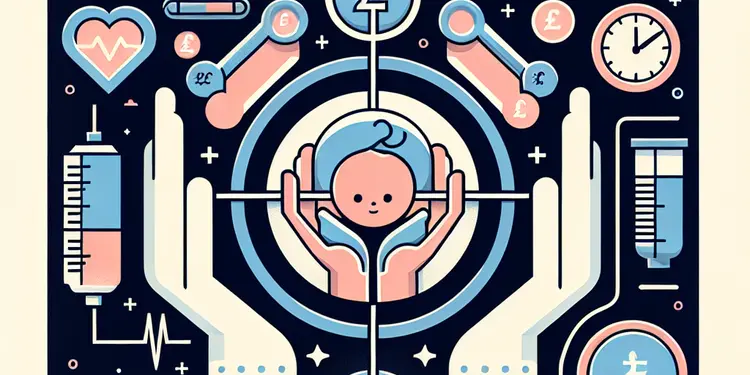
What are the signs of meningitis in infants?
Relevance: 21%
-

What are some signs that I'm consuming too much fat?
Relevance: 21%
-
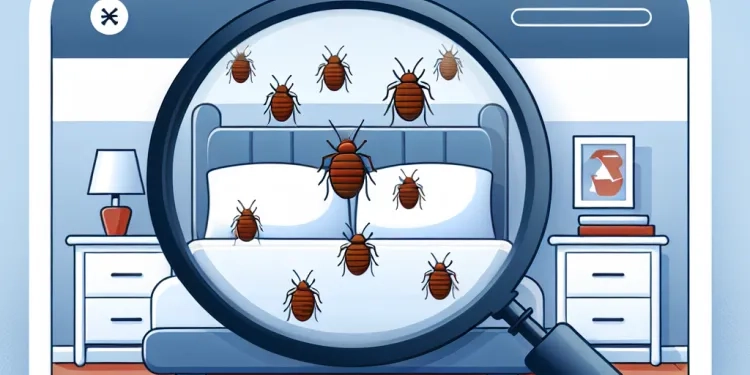
What are the signs of a bed bug infestation?
Relevance: 21%
-

What are some signs that someone might be experiencing loneliness?
Relevance: 21%
-

How do you sign up for the Postcode Lottery?
Relevance: 20%
-
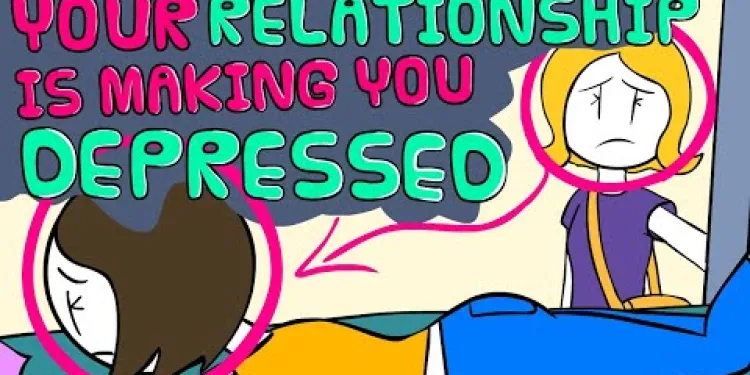
7 Signs Your Relationship is Making You Depressed
Relevance: 20%
-
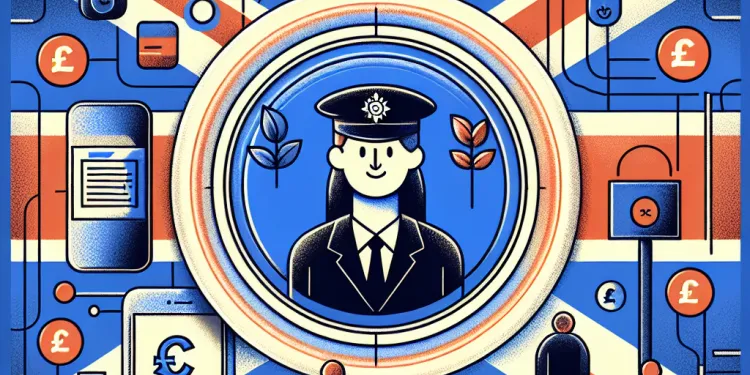
What are the signs of honour based abuse?
Relevance: 20%
-
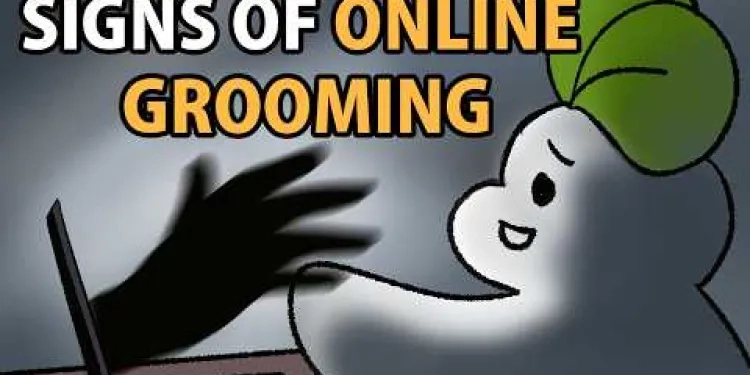
5 Warning Signs of Online Grooming
Relevance: 20%
-
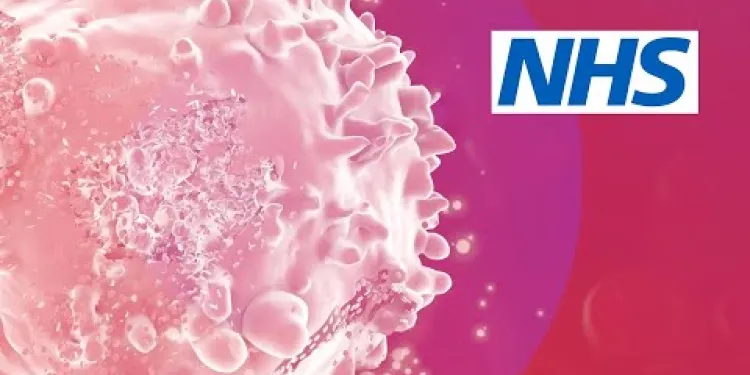
Leukaemia: What are the signs and symptoms? | NHS
Relevance: 20%
-
What are the early warning signs of an eating disorder?
Relevance: 20%
-

What are the long-term effects of repeated heatwave exposure?
Relevance: 20%
-

Can staying in a car during a heatwave be dangerous?
Relevance: 19%
-
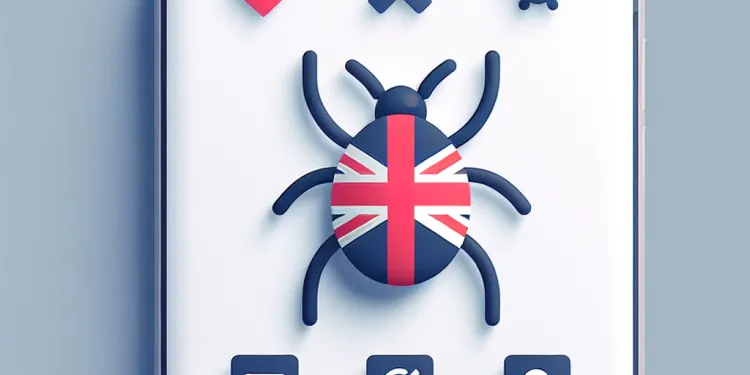
What is the first sign of Lyme disease?
Relevance: 19%
-
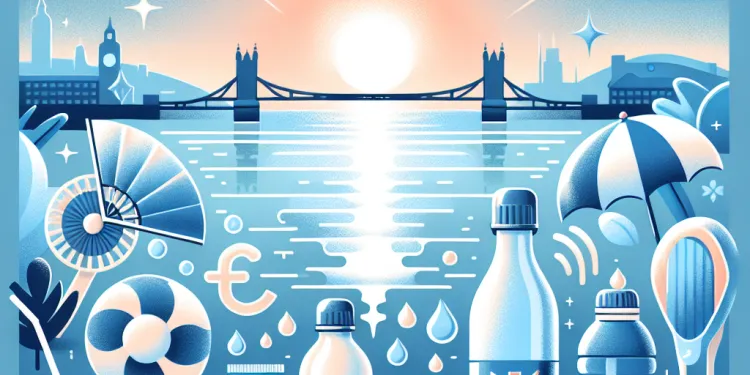
What activities should I avoid during a heatwave?
Relevance: 19%
-
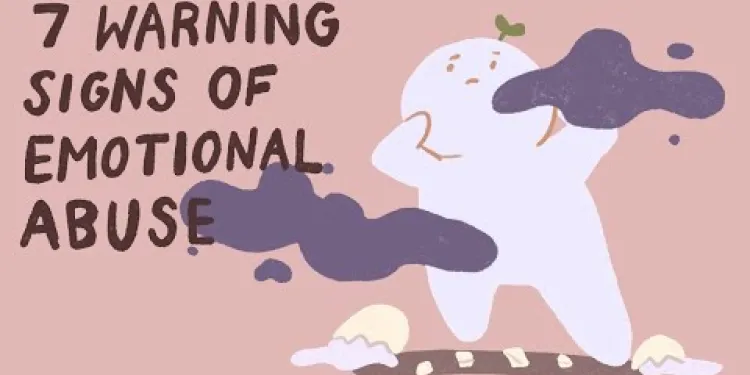
7 Warning Signs of Emotional Abuse
Relevance: 19%
-
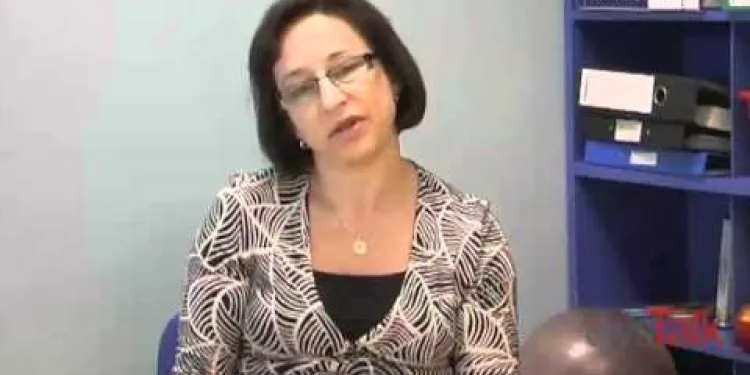
Dyspraxia Symptoms & Signs
Relevance: 19%
-

What are the signs that weight loss jabs are working?
Relevance: 19%
-
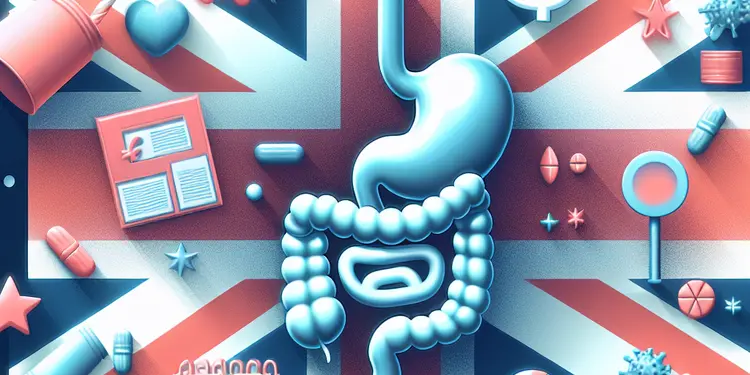
What are some signs of poor gut health?
Relevance: 19%
-

What are some signs that my email might be hacked?
Relevance: 19%
-
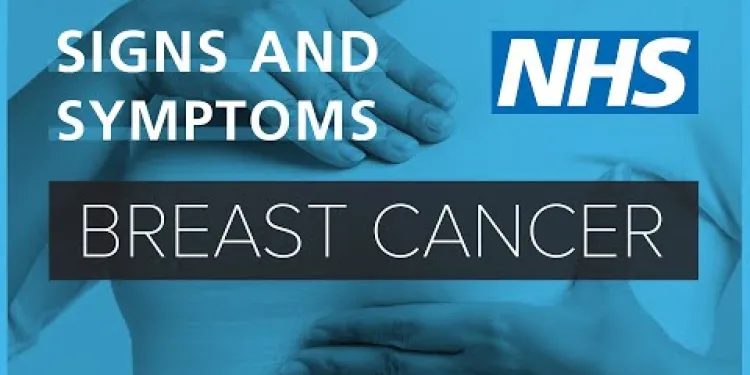
About Breast cancer - signs and symptoms | NHS
Relevance: 19%
-
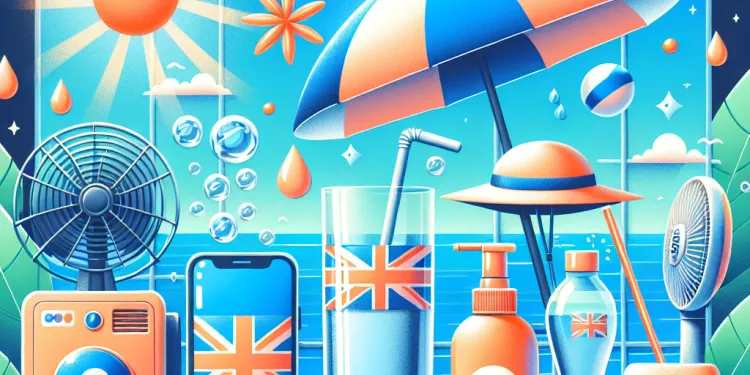
What should I do during a heatwave?
Relevance: 19%
-
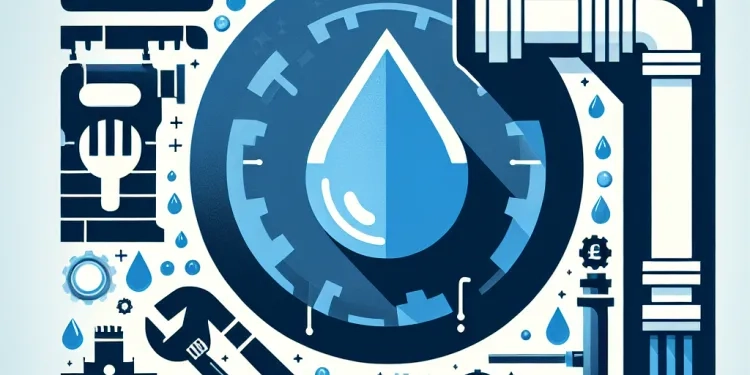
What are common signs of leaks in water infrastructure?
Relevance: 19%
-
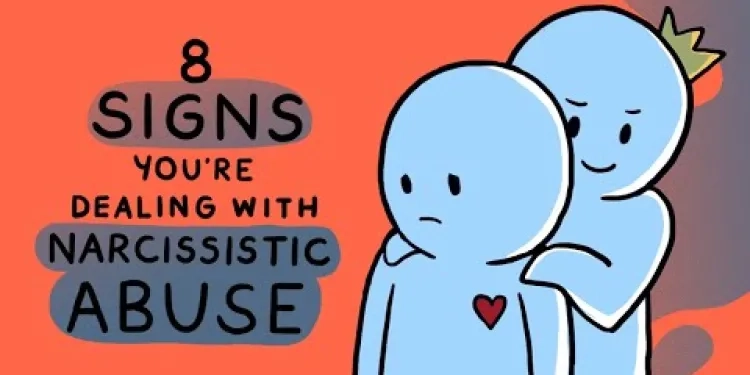
8 Signs You Are Dealing with Narcissistic Abuse
Relevance: 18%
-
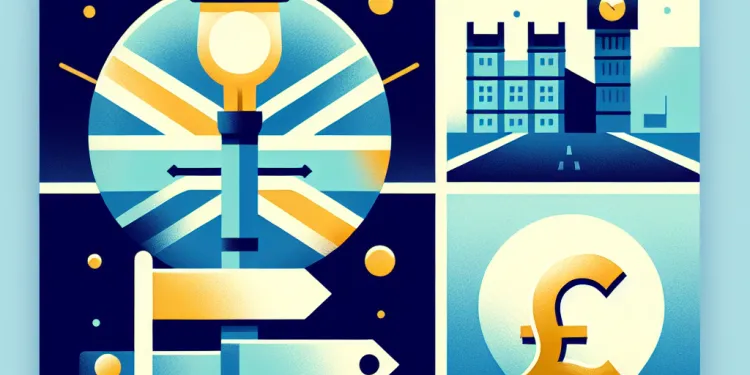
How can I sign up to receive the HMRC Employer Bulletin?
Relevance: 18%
-
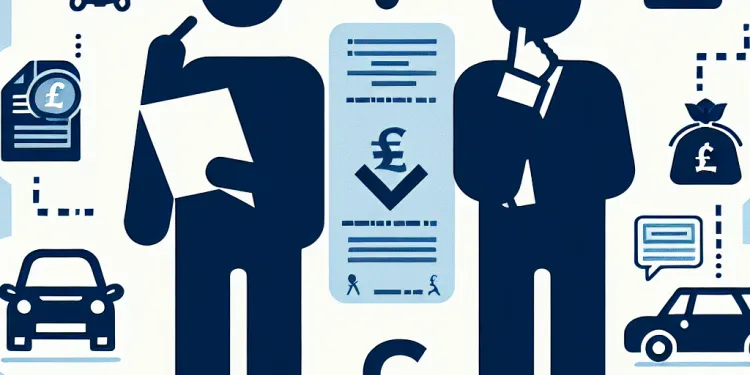
What are common signs of being mis-sold car finance?
Relevance: 18%
-

How can I keep children safe during a heatwave?
Relevance: 18%
-

What are the common signs that a child might be a victim of grooming?
Relevance: 18%
-
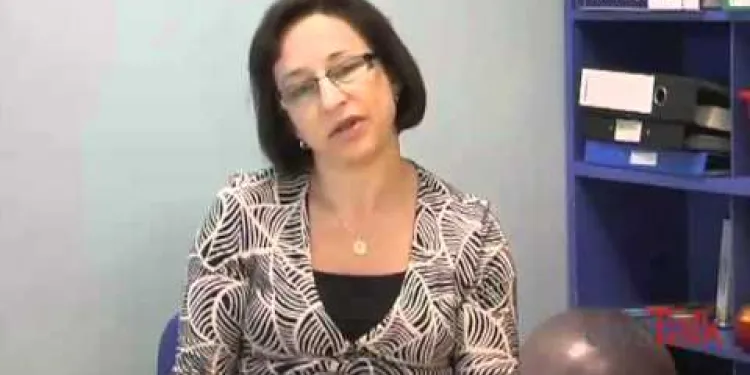
Dyspraxia Symptoms & Signs
Relevance: 18%
-
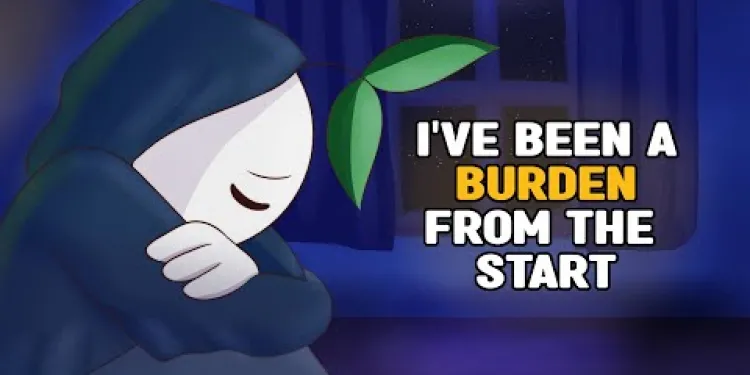
5 Signs You've Been Mentally Abused
Relevance: 18%
-
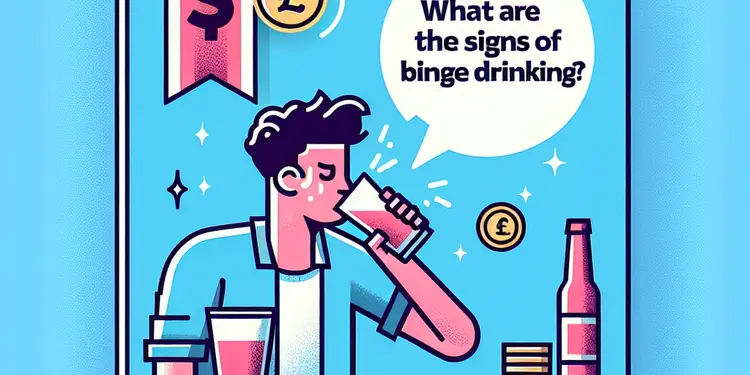
What are the signs of binge drinking?
Relevance: 18%
Understanding Heat Exhaustion
Heat exhaustion is a heat-related illness that can occur after you've been exposed to high temperatures, and it often is accompanied by dehydration. Recognising the signs of heat exhaustion is crucial, especially during the warmer months or while engaging in outdoor activities. This knowledge is particularly relevant in the UK, where people might not be as accustomed to high heat.
Common Signs of Heat Exhaustion
Heat exhaustion manifests through a variety of symptoms that signal the body is struggling to regulate its temperature. These symptoms can develop rapidly or over the span of several days, especially when engaging in physical activities under hot weather conditions.
Heavy Sweating: One of the first and most obvious signs is excessive sweating. This is the body's effort to cool down but, in excessive heat, it might not be sufficient.
Weakness or Fatigue: Feelings of extreme tiredness or exhaustion even after minimal activity could indicate that the body is under duress from heat exposure.
Dizziness and Headaches: The heat often affects the brain's ability to function properly, leading to dizziness, headaches, or lightheadedness.
Cool, Moist Skin: Despite the outside heat, the skin might feel cool and moist due to heavy sweating.
Nausea or Vomiting: An upset stomach or vomiting can be a warning sign, especially if accompanied by other symptoms.
Weak, Rapid Pulse: The heart rate may increase as the body attempts to cool itself, resulting in a fast but feeble pulse.
Additional Warning Signs
Beyond the immediate signs, there are other symptoms that might also indicate heat exhaustion:
Muscle Cramps: Painful cramps, especially in the legs or abdomen, can occur when the body's salt levels drop due to excessive sweating.
Pale or Flushed Skin: Changes in skin color may occur, which are often noticeable and signal distress.
Shallow Breathing: Some people may experience rapid yet shallow breathing.
Confusion or Irritability: Mental symptoms like confusion or sudden irritability could suggest heat-related stress on the body.
Treatment and Prevention
Recognising these symptoms early is essential to prevent progression to heat stroke, a more severe condition. If you or someone you know experiences these symptoms, it's important to move to a cooler place, drink fluids, and rest. Avoiding strenuous activity during peak heat hours and wearing appropriate clothing can also help prevent heat exhaustion.
In the UK, as heatwaves become more frequent due to climate change, awareness and prevention of heat exhaustion are increasingly important. Understanding and recognising these signs can make a significant difference in maintaining health and safety during hot weather.
What is Heat Exhaustion?
Heat exhaustion happens when you get too hot. It can make you sick, especially if you don't drink enough water. This is important to know when it's sunny outside or if you are playing outside. In the UK, we are not used to very hot weather, so we need to be careful.
How to Tell if Someone Has Heat Exhaustion
There are signs that show when someone is too hot. These can happen quickly or over a few days, especially if they are playing or working outside in the sun.
A Lot of Sweating: Sweating helps cool the body. But if it is very hot, sweating might not be enough.
Feeling Tired or Weak: If you feel very tired, even when you haven't done much, it could mean you are too hot.
Dizziness and Headaches: When you are too hot, you might feel dizzy or have a headache.
Cool, Moist Skin: Your skin might feel cool and wet, even if it's hot outside.
Feeling Sick or Vomiting: If your stomach hurts or you start vomiting, it could be because you are too hot.
Fast Weak Pulse: Your heart might beat fast but feel weak as it tries to cool the body down.
More Signs to Watch For
Other signs can also mean someone is too hot:
Muscle Cramps: Your muscles, especially in the legs or stomach, might hurt if your body loses too much salt from sweating.
Skin Looks Pale or Red: Skin color might change when you are too hot.
Quick Shallow Breathing: Some people might breathe fast but lightly.
Feeling Confused or Grumpy: If you feel mixed up or suddenly grumpy, it might mean the heat is affecting you.
How to Feel Better and Stay Safe
It's important to see these signs early to stop it from getting worse. If you feel too hot, go somewhere cooler, drink water, and rest. Try not to do hard activities when it’s very sunny. Wear clothes that are good for hot weather.
In the UK, it is getting hotter because of changes in the climate. Knowing who is too hot and how to help can keep you healthy and safe when it's sunny.
Frequently Asked Questions
What are the common signs of heat exhaustion?
Common signs of heat exhaustion include heavy sweating, weakness, cold, pale and clammy skin, fast or weak pulse, nausea or vomiting, and fainting.
Can headaches be a sign of heat exhaustion?
Yes, headaches can often be a symptom of heat exhaustion.
Is excessive sweating a symptom of heat exhaustion?
Yes, excessive sweating is a typical symptom of heat exhaustion as the body tries to cool itself down.
Does heat exhaustion cause dizziness?
Dizziness is a common symptom of heat exhaustion due to dehydration and blood pressure changes.
What skin condition indicates heat exhaustion?
Pale, cool, and clammy skin can indicate heat exhaustion.
Can nausea be a sign of heat exhaustion?
Yes, nausea and vomiting are potential symptoms of heat exhaustion.
Is fast heart rate associated with heat exhaustion?
Yes, an increased heart rate or weak pulse can be a symptom of heat exhaustion.
Can muscle cramps be related to heat exhaustion?
Yes, muscle cramps are a common symptom due to electrolyte imbalance during heat exhaustion.
How does fainting relate to heat exhaustion?
Fainting can occur due to heat exhaustion as a result of low blood pressure and dehydration.
Is thirst a sign of heat exhaustion?
Yes, excessive thirst can be a sign of heat exhaustion as your body needs more fluids.
Can confusion occur during heat exhaustion?
Confusion and irritability can occur if the body overheats and affects brain function.
Are red skin and heat exhaustion related?
While pale and cool skin is typical, flushed skin can occur with more severe heat conditions like heat stroke.
Does heat exhaustion cause fatigue?
Yes, fatigue and weakness are common symptoms of heat exhaustion.
What other gastrointestinal symptoms occur with heat exhaustion?
In addition to nausea, heat exhaustion can cause stomach cramps and vomiting.
Can shortness of breath be a symptom of heat exhaustion?
Yes, shortness of breath can occur, especially if the body is struggling to regulate temperature.
What impact does heat exhaustion have on urination?
Dark urine may occur due to dehydration, indicating heat exhaustion.
Does heat exhaustion affect vision?
Blurry vision or seeing spots can occur, particularly if blood pressure drops significantly.
Is sunburn related to the symptoms of heat exhaustion?
While different, severe sunburn can exacerbate symptoms of heat exhaustion.
Can heat exhaustion lead to heat stroke?
Yes, if untreated, heat exhaustion can progress to heat stroke, a medical emergency.
What should you do if you suspect someone has heat exhaustion?
Move them to a cooler place, have them sip water, and loosen tight clothing. Seek medical attention if symptoms worsen.
What does heat exhaustion look like?
Heat exhaustion means the body is too hot. Here are signs to look for:
- Feeling very weak or tired
- Heavy sweating
- Cold, pale, or damp skin
- Feeling dizzy or lightheaded
- Nausea or feeling sick to your stomach
- Fast heartbeat
- Headache
If you or someone else shows these signs, go to a cool place and drink water. You can also use a fan to help cool down. If you feel worse, tell an adult or call for help.
When it's too hot, your body might not feel well. Here are some signs to watch for:
- Sweating a lot.
- Feeling weak or tired.
- Skin feels cold, pale, and wet.
- Heartbeat is fast or weak.
- Feeling sick or throwing up.
- Feeling dizzy or fainting.
If you feel like this, find a cool place and drink water. You can use a fan to cool down. If you don't feel better, tell an adult or call a doctor.
Can headaches happen because of too much heat?
Sometimes, being too hot can make your head hurt. This is called a headache.
Here’s what you can do if your head hurts from the heat:
- Drink lots of water.
- Rest in a cool place.
- Use a wet cloth on your forehead.
If you still feel bad, you should tell an adult or see a doctor.
Yes, feeling a headache can happen when you get too hot.
Can sweating a lot mean you have heat exhaustion?
Yes, sweating a lot is normal when you have heat exhaustion. This is your body's way of cooling down.
Can you feel dizzy from being too hot?
When it's very hot, you can feel dizzy. This is called heat exhaustion. Here are some ways to feel better:
- Drink lots of water.
- Rest in a cool place.
- Use a fan or get some fresh air.
If you still feel dizzy, ask an adult for help.
Feeling dizzy happens a lot when you have heat exhaustion. This can be because your body does not have enough water and your blood pressure changes.
Here are some ways to help:
- Drink plenty of water to stay hydrated.
- Rest in a cool place, away from the sun.
- If you feel dizzy, sit down or lie down carefully.
What skin problem shows you are too hot?
Pale, cool, and clammy skin might mean someone is too hot and tired.
Can feeling sick mean you are too hot?
Yes, feeling sick and throwing up can happen if you have heat exhaustion.
Does your heart beat fast when you get too hot?
Yes, if your heart is beating fast or feels weak, it might mean you are getting too hot.
Are muscle cramps linked to getting too hot?
Muscle cramps can happen when you get too hot. This is called heat exhaustion.
Here are some helpful tips:
- Drink lots of water.
- Rest in a cool place.
- Ask a friend or adult for help if you feel sick.
Remember, staying cool and taking breaks can help prevent cramps.
Yes, muscle cramps can happen if you do not have the right balance of salts in your body when you get too hot and tired.
Why do people faint when they get too hot?
When your body gets too hot, it can make you feel weak and dizzy. This is called heat exhaustion.
Sometimes, you might faint or pass out. This happens because your body is too warm and needs to cool down.
To feel better, you can rest in a cool place, drink water, and take slow deep breaths.
When you feel too hot, you might faint. This can happen if your blood doesn't have enough water or if your blood pressure is low.
Does feeling thirsty mean you are too hot?
Yes, feeling very thirsty can mean you are too hot and need more water. Your body needs water to stay healthy.
Can you get confused when you have heat exhaustion?
When our bodies get too hot, it can make us feel mixed-up and grumpy. This happens because our brains don't work well when we're too warm.
Can red skin and feeling hot be connected?
When it is not too hot, your skin might feel cool and look pale. But if it gets really hot, your skin can turn red. This can happen if you are not feeling well because of the heat, like with heat stroke.
Does feeling hot make you tired?
Feeling very tired and weak are signs that you might have heat exhaustion. This can happen when you get too hot.
What tummy problems happen with heat exhaustion?
When you feel too hot, it can make you feel sick. This is called heat exhaustion. It can hurt your tummy and make you throw up.
If you find it hard to read, try using pictures to help. Ask someone to read with you or use an audiobook. Take breaks if you feel tired.
Can feeling out of breath mean you have heat exhaustion?
When it is very hot outside, you can feel tired and weak. This is called heat exhaustion. Sometimes, this can make it hard to breathe, like you are out of breath.
If you're out of breath in the heat, it's important to:
- Rest in a cool place.
- Drink water.
- Ask for help if you feel very bad.
Yes, feeling out of breath can happen, especially if the body is having a hard time staying cool or warm.
How does getting too hot affect going to the toilet?
Getting too hot can change how often you need to pee.
Here's what happens:
- You sweat a lot when you are too hot.
- This means your body loses water.
- When you lose water, you might not need to pee as much.
Tips to help:
- Drink water often to stay healthy.
- If you feel dizzy or tired, tell an adult.
Dark pee can happen if you don't drink enough water. This can mean your body is too hot, which is called heat exhaustion.
Can heat exhaustion make it hard to see?
Sometimes our eyes might see things in a fuzzy way or see little spots. This can happen if our blood pressure goes down a lot.
Does getting a sunburn cause the same problems as heat exhaustion?
Bad sunburn can make signs of heat sickness worse.
Can feeling too hot make you very sick?
Sometimes, when it's really hot, you might feel too hot and tired. This is called heat exhaustion.
If you don't rest and cool down, feeling too hot can make you very sick. This is called heat stroke.
Here are some tips to help you feel better when it's hot:
- Drink lots of water.
- Wear cool clothes.
- Rest in a shady or cool place.
If you still feel very sick, ask an adult for help. They can make sure you're okay.
If you don't treat heat exhaustion, it can turn into heat stroke. Heat stroke is very serious and needs medical help right away.
What to Do If a Person Might Have Heat Exhaustion?
If you think someone is too hot and feeling sick, here is what you can do:
- Move them to a cool place. Get them out of the sun.
- Make them drink water. Slowly and a little at a time.
- Take off extra clothes. Let their skin cool down.
- Put a cool cloth on their skin. This can help.
If they don't feel better, call for help. You can call a doctor or emergency services.
Take the person to a cool place. Give them small sips of water to drink. Help them take off tight clothes. Call a doctor if they do not get better.
Useful Links
This website offers general information and is not a substitute for professional advice.
Always seek guidance from qualified professionals.
If you have any medical concerns or need urgent help, contact a healthcare professional or emergency services immediately.
Some of this content was generated with AI assistance. We’ve done our best to keep it accurate, helpful, and human-friendly.
- Ergsy carfully checks the information in the videos we provide here.
- Videos shown by Youtube after a video has completed, have NOT been reviewed by ERGSY.
- To view, click the arrow in centre of video.
- Most of the videos you find here will have subtitles and/or closed captions available.
- You may need to turn these on, and choose your preferred language.
- Go to the video you'd like to watch.
- If closed captions (CC) are available, settings will be visible on the bottom right of the video player.
- To turn on Captions, click settings .
- To turn off Captions, click settings again.
More Items From Ergsy search
-

What are the signs of heat exhaustion?
Relevance: 100%
-

What are some signs of heat exhaustion?
Relevance: 95%
-

Should I take any special precautions if I have a medical condition during a heatwave?
Relevance: 26%
-

How can I prevent heat-related illnesses?
Relevance: 25%
-

Should I adjust my exercise routine during a heatwave?
Relevance: 25%
-

6 Signs of Emotional Abuse and Neglect
Relevance: 24%
-

Is it safe to exercise outside during a heatwave?
Relevance: 24%
-

What are the signs that my relationship is making me depressed?
Relevance: 23%
-

What are the signs of autism?
Relevance: 23%
-

UK Estate Agent Tricks to watch out for in a heated market
Relevance: 22%
-

What are the signs of meningitis in infants?
Relevance: 21%
-

What are some signs that I'm consuming too much fat?
Relevance: 21%
-

What are the signs of a bed bug infestation?
Relevance: 21%
-

What are some signs that someone might be experiencing loneliness?
Relevance: 21%
-

How do you sign up for the Postcode Lottery?
Relevance: 20%
-

7 Signs Your Relationship is Making You Depressed
Relevance: 20%
-

What are the signs of honour based abuse?
Relevance: 20%
-

5 Warning Signs of Online Grooming
Relevance: 20%
-

Leukaemia: What are the signs and symptoms? | NHS
Relevance: 20%
-
What are the early warning signs of an eating disorder?
Relevance: 20%
-

What are the long-term effects of repeated heatwave exposure?
Relevance: 20%
-

Can staying in a car during a heatwave be dangerous?
Relevance: 19%
-

What is the first sign of Lyme disease?
Relevance: 19%
-

What activities should I avoid during a heatwave?
Relevance: 19%
-

7 Warning Signs of Emotional Abuse
Relevance: 19%
-

Dyspraxia Symptoms & Signs
Relevance: 19%
-

What are the signs that weight loss jabs are working?
Relevance: 19%
-

What are some signs of poor gut health?
Relevance: 19%
-

What are some signs that my email might be hacked?
Relevance: 19%
-

About Breast cancer - signs and symptoms | NHS
Relevance: 19%
-

What should I do during a heatwave?
Relevance: 19%
-

What are common signs of leaks in water infrastructure?
Relevance: 19%
-

8 Signs You Are Dealing with Narcissistic Abuse
Relevance: 18%
-

How can I sign up to receive the HMRC Employer Bulletin?
Relevance: 18%
-

What are common signs of being mis-sold car finance?
Relevance: 18%
-

How can I keep children safe during a heatwave?
Relevance: 18%
-

What are the common signs that a child might be a victim of grooming?
Relevance: 18%
-

Dyspraxia Symptoms & Signs
Relevance: 18%
-

5 Signs You've Been Mentally Abused
Relevance: 18%
-

What are the signs of binge drinking?
Relevance: 18%


